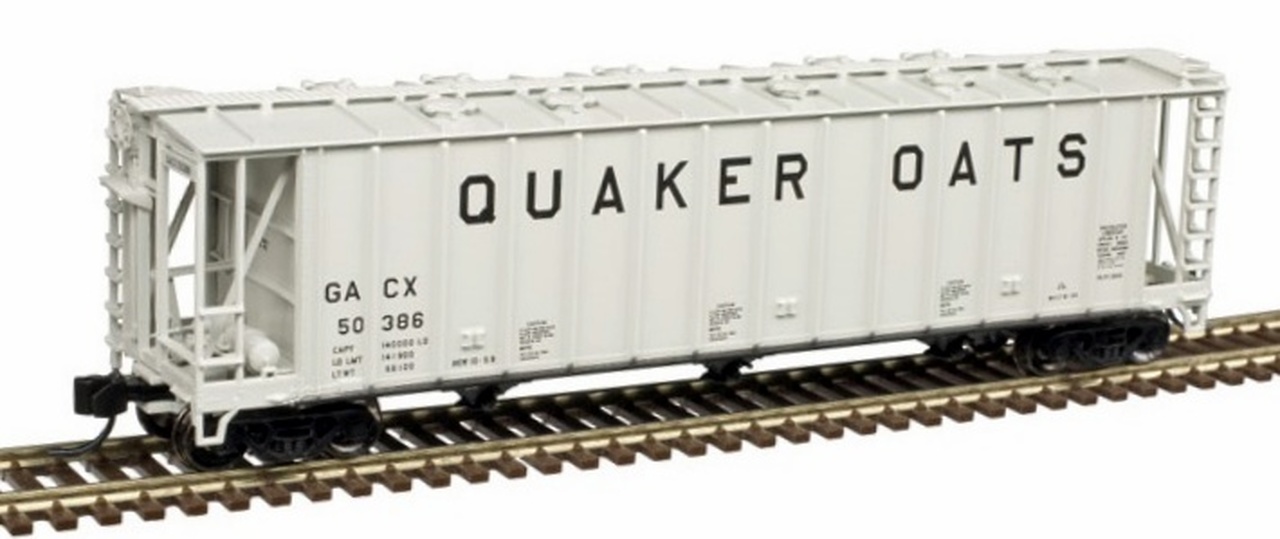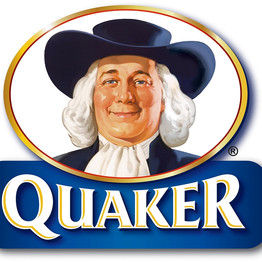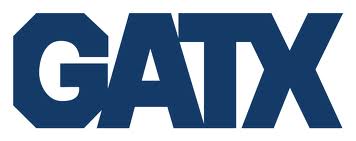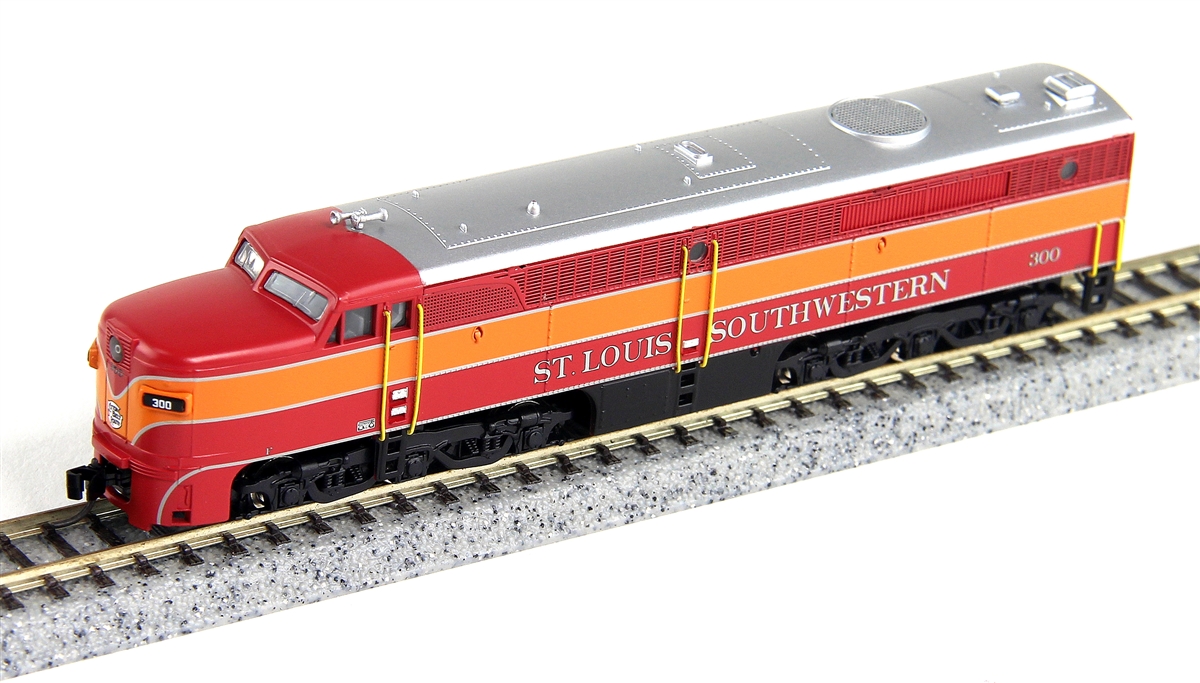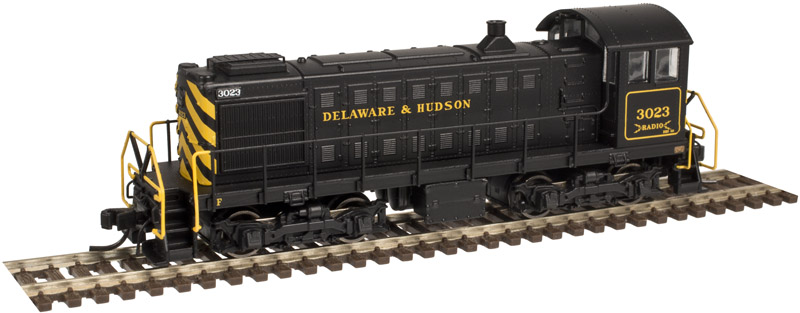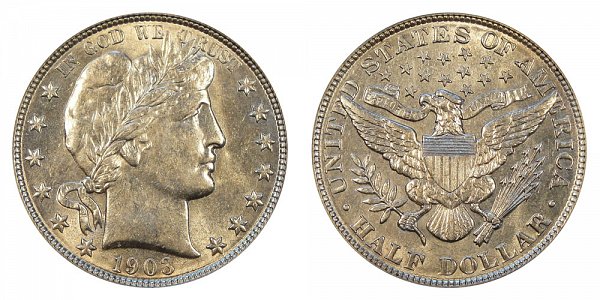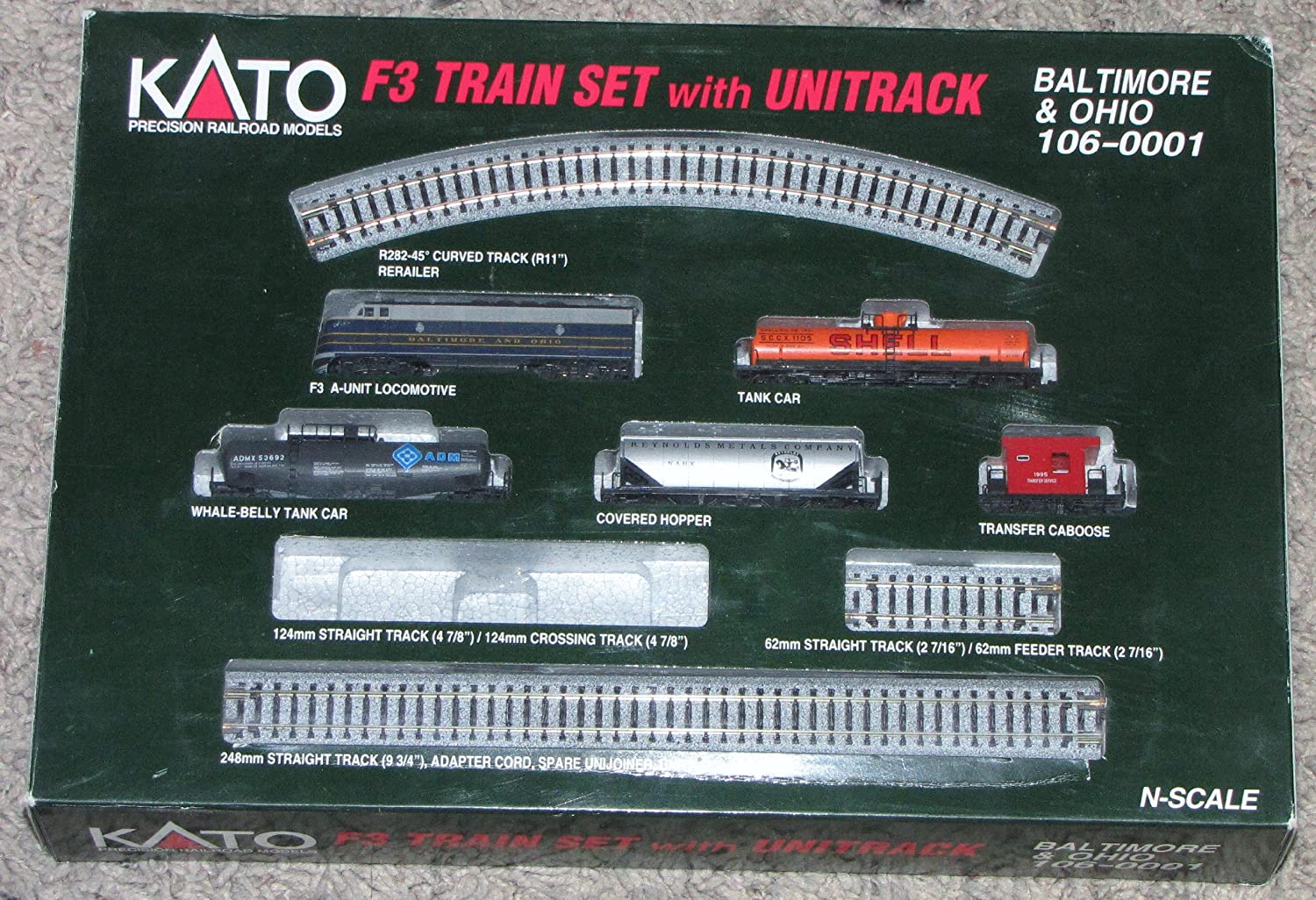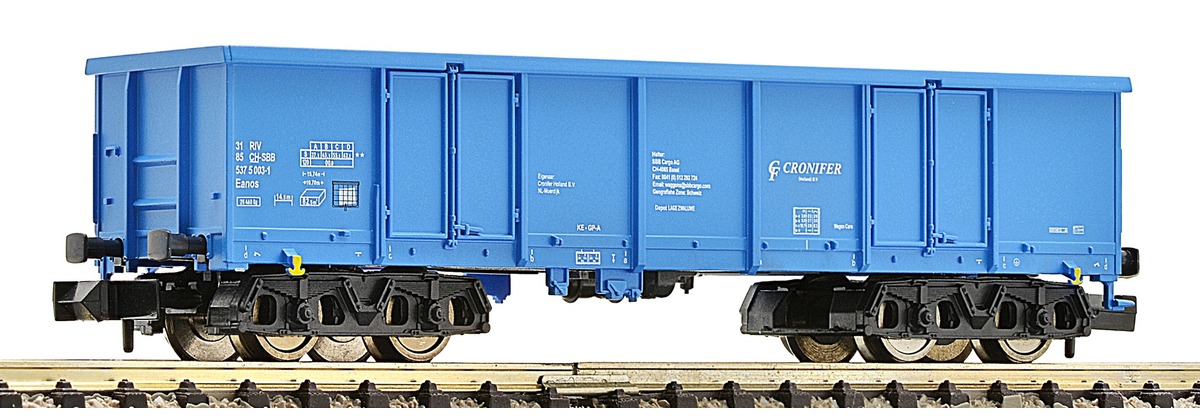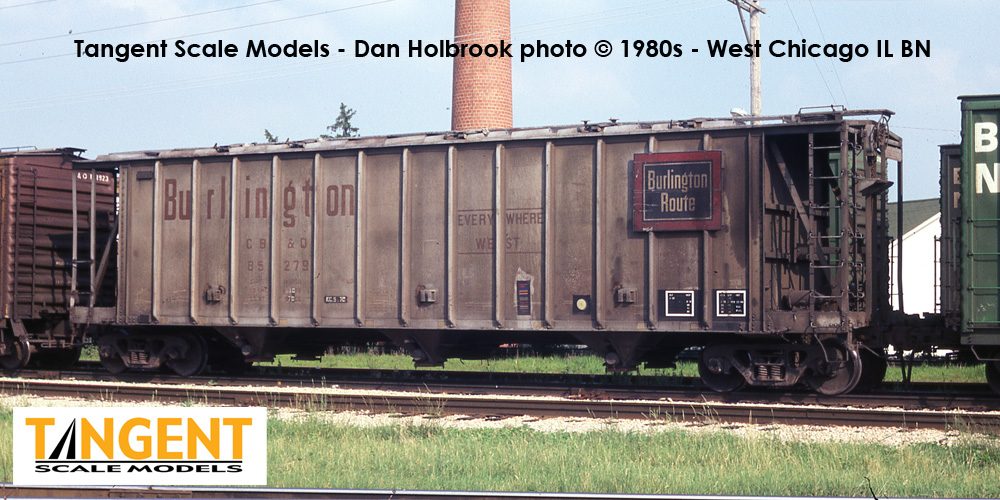Model Information: These models were designed to match the prototype - down to the last detail! Engineered from prototype blue prints, the N Scale Dry-Flo will feature an accurate attention to both body and paint detail as you've come to expect from BLMA Models. Separate placards depending on the paint job to 'lacy' roofwalks and etched brake-wheel platforms - this model has it all!
Features: Fine-Scale Detail; Separate Brake Detail; Chemically Etched Brake Platform; Accurately Painted/Printed; Prototypical Ride Height; BLMA 70-Ton ASF Ride Control Trucks; BLMA 33" Scale Profile Metal Wheels.
Features: Fine-Scale Detail; Separate Brake Detail; Chemically Etched Brake Platform; Accurately Painted/Printed; Prototypical Ride Height; BLMA 70-Ton ASF Ride Control Trucks; BLMA 33" Scale Profile Metal Wheels.
Prototype History: General American Transportation Corporation produced a large fleet of 3500 cubic foot “Dry-Flo” covered hoppers beginning in 1959 as a response to customer demands for larger covered hoppers capable of handling bulk commodities. While covered hopper innovations during the 1950s proved valuable to bulk shippers, they wanted covered hoppers that could handle larger quantities of specialized commodities such as such as oats, malt, and rice. Coincidentally, plastic pellet producers were also looking for larger cube covered hoppers that could be easily loaded and unloaded under pressure. The Dry-Flo family of cars was General American’s answer to this call, with gravity-pneumatic or pneumatic-only discharge options available through three different outlet gate versions. These outlet gate variations were marketed as the Dry-Flo, Dry-Flo Chem, and Dia-Flo. Dry-Flo production ended in 1962, however these cars lasted in service well into the 1990s.
Road Name History: The Quaker Oats Company, or known as Quaker, is an American food conglomerate based in Chicago. It has been owned by PepsiCo since 2001. Quaker Oats was founded in 1901 by the merger of four oat mills: Quaker Mill Company, teh Cedar Rapids Cereal Mill, the German Mills American Oatmeal COmpany and the Rob Lewis American Oats and Barley Oatmeal Corporation.
The company expanded into numerous areas, including other breakfast cereals and other food and drink products, and even into unrelated fields such as toys. In August 2001, Quaker was bought out by Pepsico because Pepsi wanted to add Gatorade to its arsenal of beverages and thus break into the isotonic sports beverage market. The merger created the fourth-largest consumer goods company in the world. Though the main prize for PepsiCo was Gatorade noncarbonated sports drink, Quaker's cereal and snack food division serves as a seemingly healthier complement to the existing Frito-Lay division of salty snacks.
From Wikipedia
The company expanded into numerous areas, including other breakfast cereals and other food and drink products, and even into unrelated fields such as toys. In August 2001, Quaker was bought out by Pepsico because Pepsi wanted to add Gatorade to its arsenal of beverages and thus break into the isotonic sports beverage market. The merger created the fourth-largest consumer goods company in the world. Though the main prize for PepsiCo was Gatorade noncarbonated sports drink, Quaker's cereal and snack food division serves as a seemingly healthier complement to the existing Frito-Lay division of salty snacks.
From Wikipedia
Brand/Importer Information: In 1924 Stephan Schaffan, Sr. founded the Atlas Tool Company in Newark, New Jersey. In 1933 his son, Stephan Schaffan, Jr., came to work for his father at the age of sixteen. Steve Jr. built model airplanes as a hobby and frequented a local hobby shop. Being an enterprising young man, he would often ask the owner if there was anything he could do to earn some extra spending money. Tired of listening to his requests, the hobby-store owner threw some model railroad track parts his way and said, "Here, see if you can improve on this".
In those days, railroad modelers had to assemble and build everything from scratch. Steve Jr. created a "switch kit" which sold so well, that the entire family worked on them in the basement at night, while doing business as usual in the machine shop during the day.
Subsequently, Steve Jr. engineered the stapling of rail to fiber track, along with inventing the first practical rail joiner and pre-assembled turnouts and flexible track. All of these products, and more, helped to popularize model railroading and assisted in the creation of a mass-market hobby. The budding entrepreneur quickly outgrew the limitations of a basement and small garage operation. Realizing they could actually make a living selling track and related products, Steve and his father had the first factory built in Hillside, New Jersey at 413 Florence Avenue in 1947. On September 30, 1949, the Atlas Tool Company was officially incorporated as a New Jersey company.
In 1985, Steve was honored posthumously for his inventions by the Model Railroad Industry Association and was inducted into the Model Railroad Industry Hall of Fame in Baltimore, Maryland. In addition, Steve was nominated and entered into the National Model Railroad Association Pioneers of Model Railroading in 1995.
In the early 1990s, the Atlas Tool Company changed its name to Atlas Model Railroad Company, Inc.
In those days, railroad modelers had to assemble and build everything from scratch. Steve Jr. created a "switch kit" which sold so well, that the entire family worked on them in the basement at night, while doing business as usual in the machine shop during the day.
Subsequently, Steve Jr. engineered the stapling of rail to fiber track, along with inventing the first practical rail joiner and pre-assembled turnouts and flexible track. All of these products, and more, helped to popularize model railroading and assisted in the creation of a mass-market hobby. The budding entrepreneur quickly outgrew the limitations of a basement and small garage operation. Realizing they could actually make a living selling track and related products, Steve and his father had the first factory built in Hillside, New Jersey at 413 Florence Avenue in 1947. On September 30, 1949, the Atlas Tool Company was officially incorporated as a New Jersey company.
In 1985, Steve was honored posthumously for his inventions by the Model Railroad Industry Association and was inducted into the Model Railroad Industry Hall of Fame in Baltimore, Maryland. In addition, Steve was nominated and entered into the National Model Railroad Association Pioneers of Model Railroading in 1995.
In the early 1990s, the Atlas Tool Company changed its name to Atlas Model Railroad Company, Inc.
Item created by: Jenna on 2019-06-19 14:53:00. Last edited by gdm on 2020-05-30 11:55:29
If you see errors or missing data in this entry, please feel free to log in and edit it. Anyone with a Gmail account can log in instantly.
If you see errors or missing data in this entry, please feel free to log in and edit it. Anyone with a Gmail account can log in instantly.


